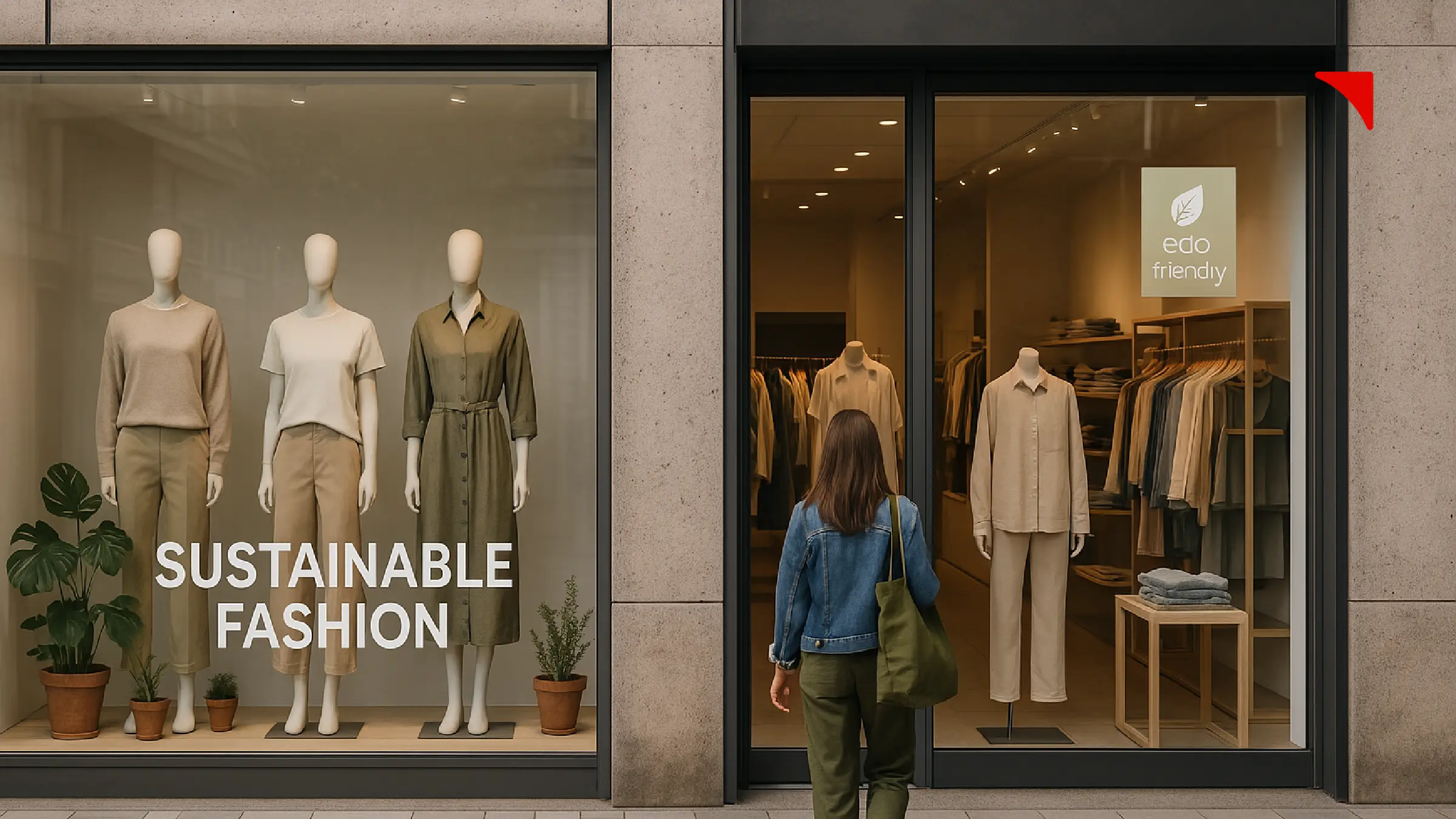HOW SUSTAINABILITY IS SHAPING UP RETAIL

From being meatless to a health fanatic, we all are changing lenses towards sustainability. Plus, the awareness around it is growing like never before. Brands are now more concerned about their sustainable product design, materials used in retail stores, mapping carbon footprints, tracking consumer journey, supply chains, etc.
A business dodges through different stages till it becomes a brand. Configuring it from its birth stage to adolescence to the brand stage. Defining the target audience makes the brand becomes more susceptible to sustainability. Millennials and Gen Z are creating a driving force that is wide-spreading the concepts like veganism, natural/herbal products acceptance, health consciousness, etc. COVID 19 has also shifted consumer preferences and expectations towards sustainability. Moreover, they are demanding data on environmental impact, so transparency is crucial.
Many retail players are putting their investments into sustainable operations with revamped inventory management. Reducing waste packaging is ultimately reducing costs. In a statement to Mckinsey, Alan Jope (CEO, Unilever) stated, “Many of the technologies to realize a green recovery already exist, and now is a good time to invest in them”.
THE HIDDEN ROLE
The answer to sustainability is in applying brand-led sustainability, which incorporates every action a brand takes related to sustainability into its essence and differentiating values, thus transforming ‘doing good’ into a competitive advantage. Therefore, sustainability can serve as a source of brand value, ROI, and preference.
As organizations around the world engage and implement programs and initiatives to consider sustainability, it is commendable that they are prioritizing it. However, most brands follow an undifferentiated approach to it, chasing compliance in consumers’ and regulators’ eyes.
“In the past, what was important became a requirement: taken for granted with consumers rarely willing to pay more for more sustainable products.
TIn today's competitive marketplace, brands find themselves increasingly caught in a vicious cycle. To stay relevant, they need to invest in sustainability, but as standards rise, consumer expectations continue to grow, and regulatory policies clamp down, they are forced to react to shifting standards.
The severity of this cycle has been exacerbated by the era of crisis we are currently experiencing triggered by COVID-19. While most consumers want sustainable products and services, none of them will accept price hikes to offset investments in brand sustainability.
THE CONNECT
The connect was there but racing in advancing ourselves, it got lost. And from the past few years, many big players are taking their firm stands on sustainability. Being environment conscious is one pole view, and being trendy is the middle straight. But the realization takes birth when we start experiencing a scarcity of something we love for years. The same goes for our resources. Brands entering the virtual space is the talk revolving with full force in town. To make processes easier, they are going sustainable. But increased digitalization is also posing some negatives. The smart store connect comes with IoT, AI, sensor systems, etc. but embracing this tech, releases CO2 to the environment. And it’s a metaphor here. Though the repercussions can be solved.
Through sustainable digital technology in retail, brands are breaking the labyrinth to reach the end consumer by different approaches in different areas of focus. The table to the side perfectly demonstrates these approaches.
 | THE OPPORTUNITYConsumer brands aren't addressing overconsumption and premature obsolescence today, even as most businesses are talking about sustainability. To solve the premature obsolescence challenge, we will need creativity, flexibility, and collaborative thinking. As we proceed on this path, product designers, retailers, and supply chain consultants have an opportunity to set extraordinary benchmarks for the future and make a positive contribution to the planet. Immersive retail spaces are now getting breathers too. Embracing new sustainable product design practices will also require well-designed retail experiences. Therefore, the perception has changed with present executions to bake the future. The pandemic prompted moves will eventually initiate the process of delegating capes to all the heroes with due diligence. |